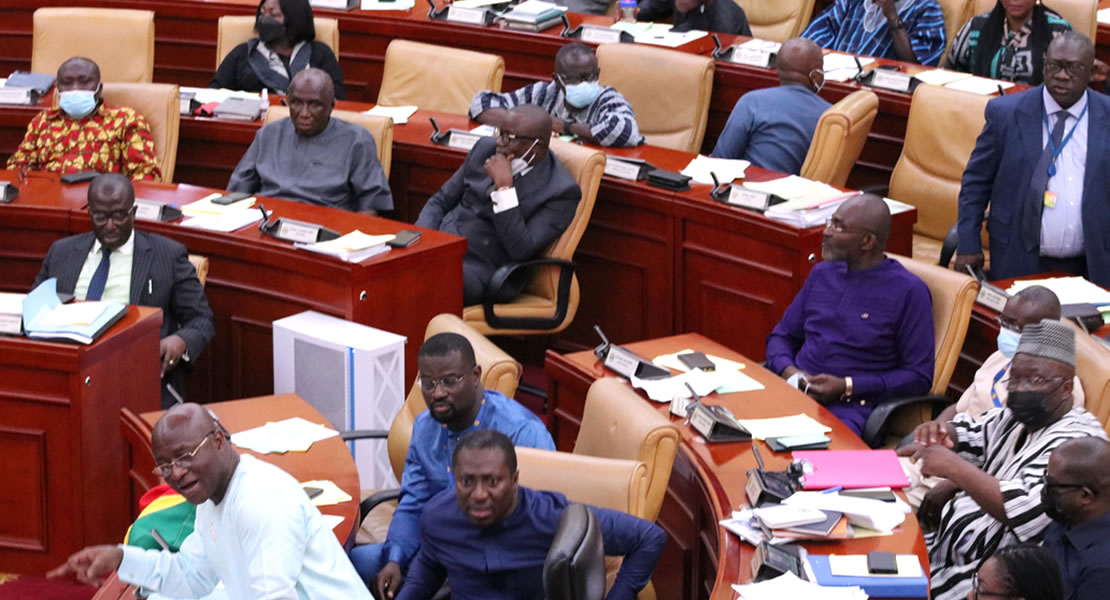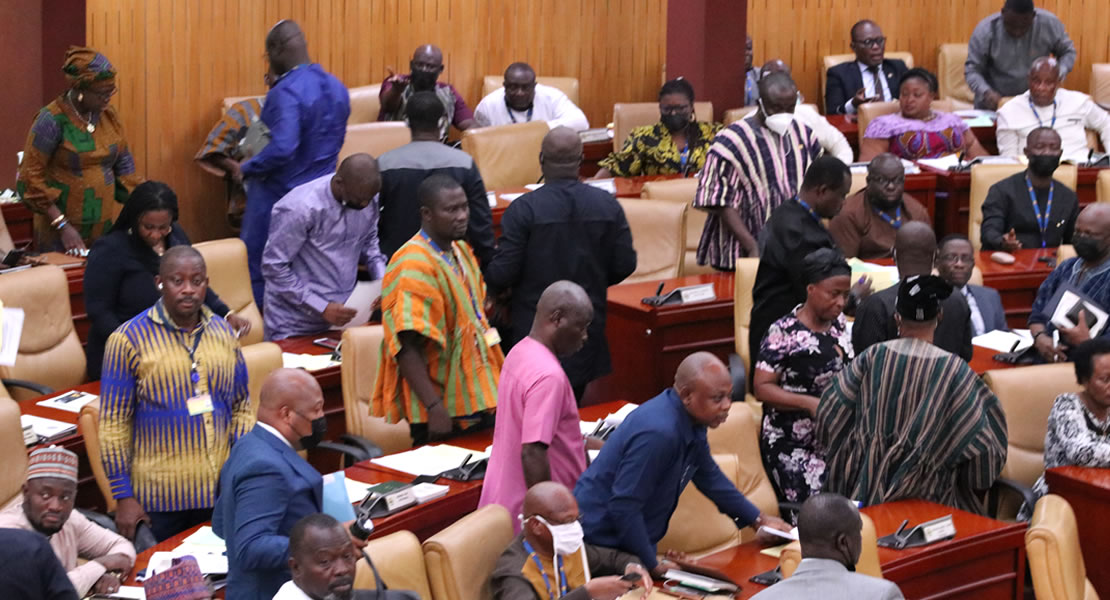
The back and forth, and all brouhaha surrounding the Electronic Transfer Levy Bill 2021, ended on Tuesday, March 29, 2022 when parliament passed the bill.
As has been the practice from when it was first introduced in parliament, the passage of the bill was not without issues.
The E-levy as it is usually referred got approved by a one sided majority side of the House after the Minority staged a walkout.
The Minority Leader, Haruna Iddrisu, during the second reading of the Bill, announced his side still stands opposed to the E-Levy, and as such announced a walkout from the chamber.
He said the E-levy is the nuisance of nuisance tax that would affect businesses and bring untold suffering and hardship under this government.
“We are united that we will not support E-levy, we will not vote for E-levy”, he emphasized.

The E-Levy seeks to impose a 1.50% levy on transactions, including Mobile money transfers done between accounts on the same Electronic Money Issuers (EMI), Mobile money transfers from accounts on one EMI to a recipient on another EMI, Transfers from bank accounts to mobile money accounts (either directly, GIP debit, bank cards or another scheme), Transfers from mobile money accounts to bank accounts (either directly, GIP debit, bank cards or another scheme) and Bank transfers originating from a bank account belonging to an individual.
The Finance Minister, Ken Ofori Atta in moving the motion on the floor of the House indicated that “the objective of this bill is to broaden the tax base of this country by imposing the levy on electronic transfer and enhance the government’s drive for revenue mobilization” he noted is expected to raise some GH¢6.9 million in 2022 as a key mechanism that the government will use to ensure Ghanaians contribute their fair share towards the development of the country”.
Dominic Shirimori/Ghanamps.com